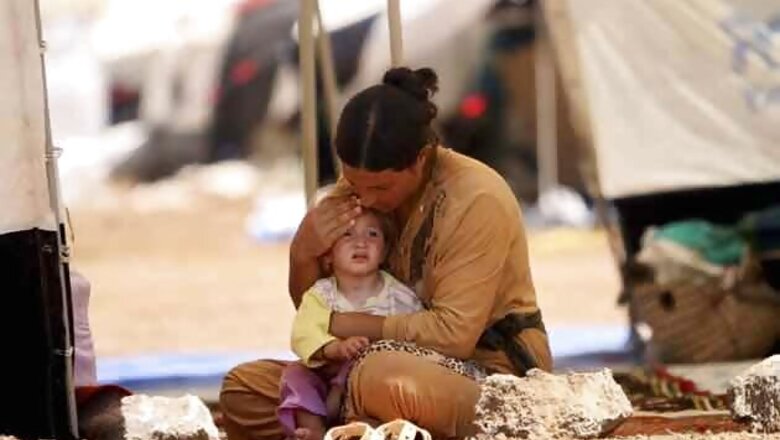
views
Zakho: Fourteen-year-old Yusra wipes away a tear before laying her head on the shoulder of aid worker Parzhin, after facing up to her fears and telling her story.
Yusra and her Yazidi family were forced to seek refuge in Zakho, a town in northern Iraq's Kurdish autonomous region, after fleeing a sweeping jihadist onslaught.
One of the 1.8 million people the United Nations estimates have fled the conflict this year, Yusra is struggling not just with the physical hardships of being forced from her home, but also with the trauma of running in fear.
So as well as supplying food and water to the struggling refugees, aid group Action Against Hunger (ACF) has set up a mental health programme to help Iraqi refugees deal with their anguish.
"Our aim is to ensure that they know there are people here for them," Parzhin said, describing her work with the Yazidi refugees as "psychological first aid".
"Their psychology has been damaged... the images they have seen, people have been killed in front of them."
Yusra and Parzhin sit cross-legged on the fourth floor of a building that is still being built, talking discreetly.
In early August, Yusra's family left their village in the Sinjar Mountain range when they heard that Islamic State (IS) militants were coming.
The jihadists had launched a lightning offensive across northern Iraq two months before and fear was a main weapon in their armoury.
The minority Yazidis are Kurdish-speaking and non-Muslim, following a faith born in Mesopotamia more than 4,000 years ago.
It is rooted in Zoroastrianism and anathema to extremist Muslims who brand them devil-worshippers.
"When we heard the IS was coming, we were afraid people would have their throats cut and women would be abducted, so we fled into the mountains," Yusra said, touching the white scarf around her neck.
For nine days they holed up in the barren hills, without food or water under a searing summer sun, watching children suffer from hunger and thirst.
'Here to listen'
"Then the PKK (Kurdistan Workers' Party militants) came and we walked all the way to here" in Zakho.
Now she and 7,000 others are trying to survive in a complex of six multi-storey buildings that are under construction.
Work at one building on the site has resumed, and workers mingle with the refugees, some of whom live on floors with no walls or windows, open to the elements.
"Nobody can live here. Winter's coming, and there's no one to help us move into camps," said Yusra.
Every day, employees of ACF like Parzhin spend time with the refugees to try to help them.
She said the important thing working with people like Yusra is to let them express themselves.
"I'm here to listen," she insisted, "to help people adapt to a bad situation."
Providing such counselling can also help teach the refugees how to adapt.
Many were middle class before their lives changed for ever, and they need to be taught to use the emergency resources available to them because they are unused to living in poverty.
The Kurdish authorities have installed water cisterns on the building site, but the sanitary arrangements remain rudimentary at best.
Aid groups and the United Nations are helping, but on a visit to Iraq UN humanitarian chief Valerie Amos said Saturday that its agencies are running out of funding and "urgently need more support".
As she goes from family to family, "trying to rekindle hope and even moments of laughter," Parzhin faces an uphill task.
"There isn't even anywhere here for the kids to play," she said.










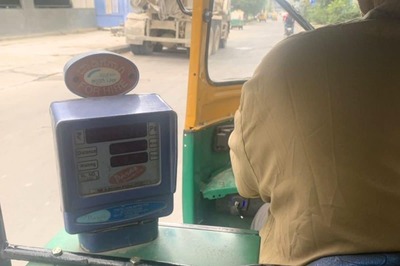
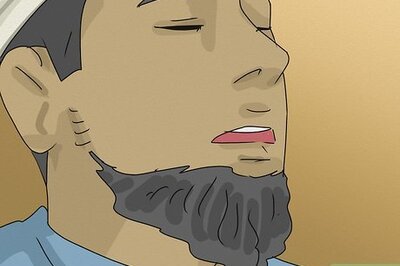

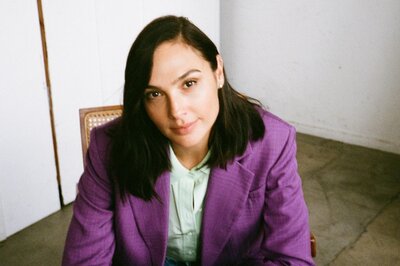





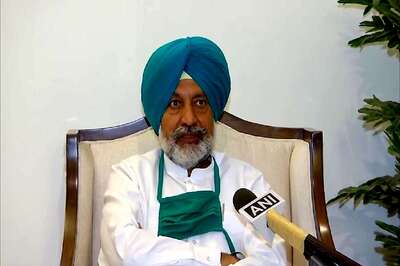
Comments
0 comment